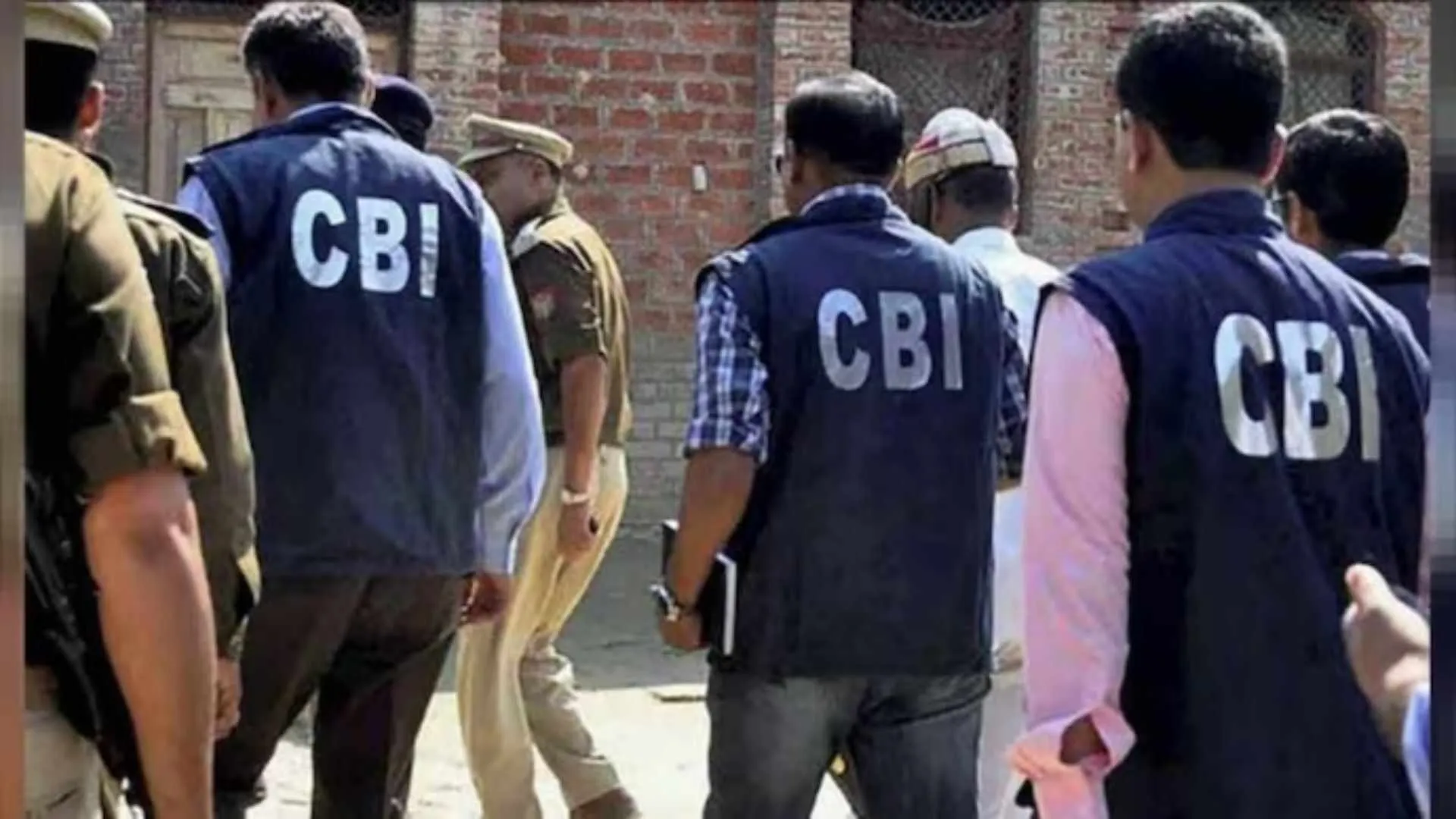The hawala mafia, known for secretly sending vast sums of money to notorious mafia dons, has expanded its reach to government offices across India. To avoid the scrutiny of investigative agencies, many high-ranking government officials involved in corruption have resorted to using hawala networks to collect bribes. Last year, the Anti-Corruption Bureau (ACB) uncovered a major bribery racket involving three senior officials, including an IAS officer.
At the start of the new year, the Central Bureau of Investigation (CBI) unveiled a similar network of corruption, arresting its own Deputy Superintendent of Police (DSP) for accepting bribes through hawala transactions. The arrest of DSP Brij Mohan Meena has highlighted the depth of hawala infiltration in the country’s governmental institutions.
Raid Uncovers Illicit Wealth And Long-Standing Hawala Connections
The CBI raided multiple locations linked to DSP Meena, including properties in Jaipur, Delhi, Kolkata, and Mumbai, uncovering illicit wealth worth crores of rupees. Shockingly, the documents seized revealed his long-standing connections with individuals involved in the hawala business. Preliminary investigations have revealed that Meena had transacted over Rs 3 crores in hawala deals. Among the seized items were documents of movable and immovable property valued at Rs 1.78 crores, along with Rs 55 lakhs in cash.
Evidence Of Over Rs 1.63 Crore In Bribes Transferred Via Hawala
Evidence also surfaced of over Rs 1.63 crores being transferred as bribes via hawala has also been collected, revealing the extent of corruption within the CBI’s own ranks. The agency has now intensified its surveillance on other officials, suspecting further infiltration by the hawala mafia across different sectors of the government.
ACB’s Investigation Uncovers Widespread Use Of Hawala In Bribery
The CBI’s revelations follow a significant operation by the Anti-Corruption Bureau (ACB) last year, which first exposed the widespread use of hawala for bribery in the state. During this investigation, three senior officials, including an IAS officer named Rajendra Vijay, were found to be complicit with the hawala mafia. ACB’s raids unearthed a multi-crore racket, with the three officials allegedly accumulating vast sums of money through hawala and using it to build luxurious properties, including malls, resorts, and spa centres in upscale locations.
Mobile phones belonging to these three officials revealed crucial evidence of hawala transactions, including messages exchanged on WhatsApp about cash bribe deliveries and receipts. The ACB discovered that, in the absence of formal documentation in hawala dealings, corrupt officials were now following the same practices as mafia gangsters—accepting and transferring bribe money via encrypted communication and secretive methods. The hawala mafia, acting as middlemen, would provide the officials with numbers to identify cash and mobile numbers for receiving payments.
ACB Director Highlights Hawala’s Role In Concealing Illegal Wealth
ACB Director General Dr Ravi Prakash Mehrada explained that the lack of documentation in hawala transactions makes it an ideal avenue for corrupt officials seeking to conceal illegal wealth. He noted that hawala was now being used widely to funnel bribe money into the hands of government employees, including those holding powerful positions like IAS officers. The CBI’s investigation into DSP Meena marks a new chapter in the ongoing battle against the hawala mafia, highlighting the deepening connections between corrupt officials and criminal networks.
As the investigation progresses, the authorities are now on high alert, focusing on identifying other government officials who may have connections with hawala operators. This growing trend of using hawala for bribery is becoming a serious concern, as it threatens the integrity of government institutions and undermines public trust. The agencies are committed to rooting out corruption and breaking the links between hawala mafia and public service officers, ensuring that those involved face stringent legal consequences.






















